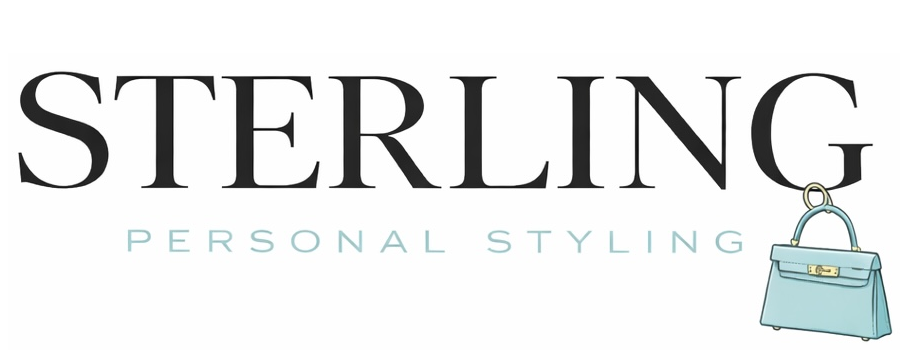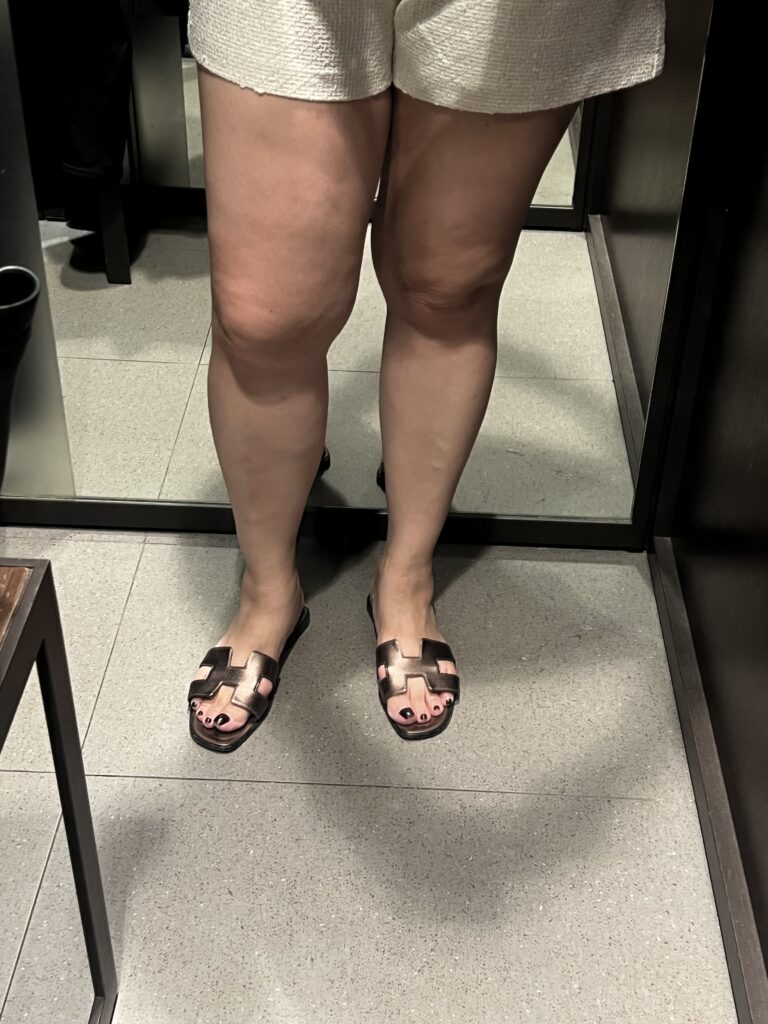Hypertension: How to Lower Your Blood Pressure Naturally
Hypertension, commonly known as high blood pressure, affects millions of adults worldwide, particularly those over the age of 40 and 50. It’s a silent condition that often goes unnoticed until it causes severe health issues such as heart disease, stroke, or kidney failure. This blog aims to provide valuable insights into the causes of hypertension and practical tips for managing and reducing it naturally.
By understanding the root causes and making informed lifestyle changes, you can take control of your health and significantly lower your risk of complications. Let’s explore what hypertension is, what causes it, and how you can effectively manage it.
Understanding Hypertension
What is Hypertension?
Hypertension is a condition where the force of blood against the artery walls is consistently too high. Blood pressure readings consist of two numbers, with the top number (systolic) indicating the pressure in your arteries when your heart beats and the bottom number (diastolic) reflecting the pressure when your heart is at rest. A reading of 120/80 mm Hg is considered normal, while readings consistently above 130/80 mm Hg are classified as hypertension.
The Prevalence of Hypertension
Hypertension is alarmingly common, especially among older adults. According to the American Heart Association, nearly half of American adults have high blood pressure. Its prevalence increases with age, affecting approximately 64% of men and 69% of women aged 65-74. Understanding its widespread nature underscores the importance of managing this condition effectively.
Why is Hypertension a Concern?
High blood pressure can quietly damage your body for years before symptoms develop. It’s a major risk factor for cardiovascular diseases, including heart attack, stroke, and heart failure. Additionally, it can lead to kidney damage, vision loss, and other critical health issues. Early detection and management are crucial to prevent these complications.
Causes of Hypertension
Hypertension Lifestyle Factors
Several lifestyle factors contribute to hypertension. A sedentary lifestyle, poor dietary choices, excessive alcohol consumption, smoking, and chronic stress all play significant roles. These factors collectively increase the strain on your cardiovascular system, leading to elevated blood pressure.
Hypertension Dietary Influence
Diet plays a pivotal role in blood pressure regulation. High sodium intake, often from processed foods, leads to water retention and increased blood pressure. Conversely, a diet low in potassium and high in unhealthy fats exacerbates hypertension. Making mindful dietary choices can have a profound impact on your blood pressure levels.
Hypertension Genetic Predispositions
Hypertension often runs in families, indicating a genetic predisposition. If your parents or close relatives have high blood pressure, you may be more susceptible to developing it. While genetics can’t be changed, knowing your family history can prompt earlier and more proactive management.
The Role of Diet in Hypertension
Impact of Sodium and Potassium
A high-sodium diet is a well-known contributor to hypertension. Sodium causes your body to retain water, increasing the volume of blood in your arteries and, consequently, your blood pressure. Conversely, potassium helps balance sodium levels and relax blood vessel walls, promoting lower blood pressure.
Dietary Recommendations
To manage hypertension, focus on a diet rich in fruits, vegetables, whole grains, and lean proteins. The DASH (Dietary Approaches to Stop Hypertension) diet is highly recommended. It emphasizes reducing sodium intake and increasing consumption of potassium-rich foods like bananas, oranges, spinach, and sweet potatoes.
Hydration and Moderation
Staying hydrated is essential for maintaining healthy blood pressure. Drink plenty of water throughout the day and limit the intake of sugary beverages and alcohol. Moderation in food portions and mindful eating can also help regulate your weight and blood pressure.
Importance of Physical Activity
Benefits of Exercise
Regular physical activity is one of the most effective ways to lower blood pressure naturally. Exercise strengthens the heart, allowing it to pump blood more efficiently, reducing the pressure on your arteries. It also helps manage weight and reduce stress, both of which are crucial for blood pressure control.
Exercise Recommendations
For health enthusiasts and older adults, aim for at least 150 minutes of moderate-intensity aerobic exercise per week, such as brisk walking, cycling, or swimming. Incorporate strength training exercises at least two days a week to enhance overall cardiovascular health.
Starting Slow and Building Up
If you’re new to exercise or have been inactive for a while, start slowly and gradually increase the intensity and duration of your workouts. Even small amounts of physical activity can make a significant difference in your blood pressure levels over time.
Managing Stress for Better Blood Pressure
The Stress-Hypertension Connection
Chronic stress is a significant contributor to hypertension. When you’re stressed, your body releases hormones that temporarily increase blood pressure by causing your heart to beat faster and your blood vessels to narrow. Over time, this can lead to sustained high blood pressure.
Stress-Reducing Techniques
Incorporate stress-reducing techniques into your daily routine to help manage hypertension. Practices such as deep breathing exercises, meditation, yoga, and spending time in nature can significantly lower stress levels and promote better cardiovascular health.
Finding What Works for You
Everyone responds to stress differently, so it’s essential to find stress management techniques that work best for you. Engage in activities that bring you joy and relaxation, whether it’s reading, gardening, or spending time with loved ones.
Medication and Medical Advice
Importance of Consulting Healthcare Professionals
While lifestyle changes are crucial, consulting healthcare professionals for personalized advice is essential. They can provide guidance on managing hypertension and prescribe medications if necessary. Regular check-ups help monitor your blood pressure and ensure your management plan is effective.
The Role of Medication
For some individuals, lifestyle changes alone may not be sufficient to control hypertension. Medications such as diuretics, ACE inhibitors, and beta-blockers can help lower blood pressure. Always follow your healthcare provider’s recommendations and never adjust your medication without consulting them.
Integrating Lifestyle Changes
Even if you’re on medication, integrating healthy lifestyle changes can enhance their effectiveness. Combining a balanced diet, regular exercise, stress management, and medication can provide comprehensive control over your blood pressure.
Hypertension Conclusion
Key Takeaways
Managing hypertension requires a multifaceted approach, including dietary adjustments, regular physical activity, stress management, and medical guidance. By understanding the causes of hypertension and implementing these strategies, you can take control of your health and reduce your risk of serious complications.
Encouragement for Lifestyle Changes
Adopting these lifestyle changes may seem challenging, but the benefits far outweigh the efforts. Start with small, manageable steps and gradually build healthier habits. Remember, consistency is key, and every positive change brings you closer to better health.
Further Resources
For more information on managing hypertension and personalized advice, consider reaching out to healthcare professionals. Additionally, numerous resources and community support groups are available to help you on your journey to better heart health. Take the first step today and make a commitment to a healthier, happier life.

The Hidden Connection Between Hypertension and Weight Gain in Your 40s and 50s
Hypertension and Weight Gain Introduction
If you’re over 40 or 50 and struggling with weight gain, you’re not alone. But did you know that hypertension (high blood pressure) could be a contributing factor? This blog aims to unravel the hidden connection between hypertension and weight gain, providing valuable insights for health enthusiasts and adults in their 40s and 50s.
We’ll explore how hypertension can lead to weight gain, the role of lifestyle and diet in managing both conditions, and the importance of regular health check-ups. You’ll also find expert advice and inspiring success stories to help you manage hypertension and weight effectively.
Understanding the Mechanisms Hypertension and Weight Gain
How Does Hypertension Contribute to Weight Gain?
Hypertension and weight gain often go hand-in-hand, but understanding the mechanisms can shed light on why this happens. When blood pressure is consistently high, it can lead to metabolic changes that promote weight gain.
Firstly, hypertension can cause fluid retention. Your body holds onto excess sodium, leading to an increase in fluid volume and, consequently, weight. Secondly, high blood pressure can affect your metabolism. Studies have shown that hypertension can slow down your metabolic rate, making it harder to burn calories.
Lastly, the medications used to treat hypertension can sometimes contribute to weight gain. Beta-blockers, for instance, can slow your metabolism and lead to increased body fat.
The Role of Lifestyle and Diet
Managing Both Conditions Through Lifestyle Changes
Lifestyle and diet play crucial roles in managing both hypertension and weight gain. Adopting a balanced diet rich in fruits, vegetables, and lean proteins can help control blood pressure and maintain a healthy weight.
Regular physical activity is another essential factor. Exercise not only helps you shed excess pounds but also improves cardiovascular health, reducing the risk of hypertension. Aim for at least 150 minutes of moderate exercise per week, such as walking, swimming, or cycling.
Stress management is equally important. Chronic stress can elevate blood pressure and lead to unhealthy eating habits. Practice mindfulness techniques like meditation, yoga, or deep-breathing exercises to keep stress levels in check.
The Importance of Regular Health Check-Ups
Early Detection and Prevention
Regular health check-ups are vital for early detection and prevention of hypertension and weight-related issues. Blood pressure should be monitored regularly, especially if you have a family history of hypertension or other risk factors.
Routine health screenings can help identify any underlying conditions contributing to weight gain, such as thyroid issues or hormonal imbalances. Early intervention can prevent these conditions from worsening and help you manage your weight more effectively.
Consulting with a healthcare provider can also provide personalized advice tailored to your specific needs, making it easier to implement effective lifestyle changes.
Expert Advice and Success Stories
Tips for Managing Hypertension and Weight in Your 40s and 50s
Experts agree that a holistic approach is the most effective way to manage hypertension and weight gain. Here are some practical tips to get you started:
- Eat Mindfully. Focus on nutrient-dense foods and avoid processed items high in salt and sugar.
- Stay Active. Incorporate both aerobic and strength-training exercises into your routine.
- Monitor Progress. Keep track of your blood pressure and weight to stay informed about your health status.
- Seek Support. Join support groups or online forums where you can share experiences and gain motivation from others facing similar challenges.
Success stories can be incredibly motivating. Take, for example, Jane, a 52-year-old who managed to lose 20 pounds by adopting a Mediterranean diet and incorporating daily walks into her routine. Her blood pressure also improved significantly, highlighting the positive impact of lifestyle changes.
Mediterranean Diet Recommendations If You’re Over 40
The Mediterranean diet is often recommended for those over 40 due to its numerous health benefits, including better cardiovascular health and weight management. Here are some key recommendations to follow:
- Emphasize Whole Foods: Focus on consuming fruits, vegetables, whole grains, and legumes. These foods are rich in essential nutrients and fiber, which help in maintaining a healthy weight and controlling blood pressure.
- Healthy Fats: Incorporate healthy fats into your diet, such as olive oil, nuts, and seeds. These fats can help reduce inflammation and improve heart health.
- Lean Proteins: Choose lean protein sources such as fish, poultry, and plant-based proteins like beans and lentils. Aim to include fish at least twice a week, particularly fatty fish like salmon and mackerel, which are high in omega-3 fatty acids.
- Limit Red Meat: Reduce the intake of red and processed meats, which can contribute to weight gain and higher blood pressure. Opt for occasional servings and prefer lean cuts when you do consume red meat.
- Stay Hydrated: Drink plenty of water throughout the day. Herbal teas and moderate amounts of coffee are also good options. Limit sugary drinks and alcohol; opt for red wine in moderation if desired.
- Portion Control: Be mindful of portion sizes to avoid overeating. Eating smaller, balanced meals throughout the day can help maintain steady energy levels and prevent weight gain.
- Herbs and Spices: Use herbs and spices to flavor your foods instead of salt. This can help manage blood pressure and enhance the taste of your meals without added sodium.
- Daily Physical Activity: Complement your diet with regular physical activity. Even a brisk walk or mild exercise can significantly boost the benefits of the Mediterranean diet.
Adopting these recommendations can not only help you manage your weight and hypertension but also improve your overall health and wellbeing as you move through your 40s and beyond.
Hypertension and Weight Gain Conclusion
The Importance of a Holistic Approach
Managing hypertension and weight gain in your 40s and 50s requires a holistic approach that includes diet, exercise, regular health check-ups, and stress management. By understanding the link between hypertension and weight gain, you can take proactive steps to improve your health and well-being.
For more personalized advice, consider booking a consultation with a healthcare professional who can guide you on your health journey. Remember, it’s never too late to take control of your health and live a fulfilling, vibrant life.
Disclaimer
We are not doctors or medical professionals. The information presented here is based on thorough research from reputable sources and is intended for educational purposes only. Always consult with a healthcare provider or a qualified medical professional for specific medical advice, diagnoses, and treatment recommendations tailored to your individual health needs.








